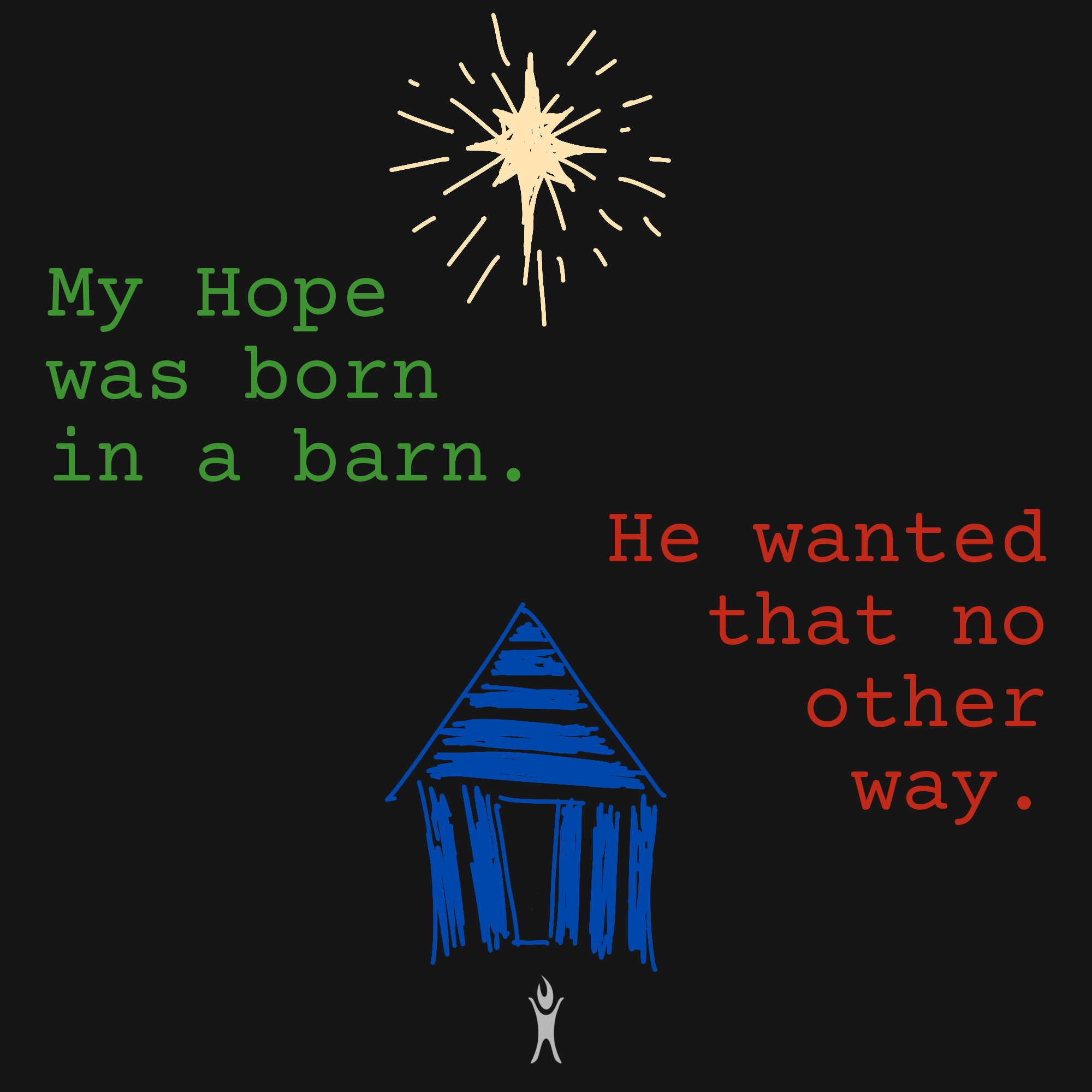Theology is a combination of Greek word parts. “Theos” meaning “god” and the suffix “-logia” suggests “interest” or “study”.
Many people who have not studied theology have their own superstitious definition of the word, unofficially yet predictably meaning things like: overly-complicated, big words, confusing concepts, and esoteric speech patterns reserved for self-important egg heads. That’s because theology can come across that way when expert theologians talk on their expert level in the presence of a novice.
But, herein lies a dilemma. Words must be defined by their definitions—if they are going to help us understand. When pop culture commandeers and derails the meaning of a word, that word loses its ability to help humanity.
“Capitalist” around the year 2000 meant much the same as the term “Republican” around 1900: rich elitist. Actually, a “Republican” is a member or supporter of the political party started by Abraham Lincoln, that’s all. “Rich elitist” means “rich elitist”. Likewise, “Capitalism” only means that people can do what they want with their own money—being born into a “lower class” doesn’t mean you can’t buy certain clothes; rather, you can buy whatever clothes you can afford. Capitalism delivered the world from old Feudalism in Europe. Pop culture definitions might be fashionable, but they don’t bring understanding.
Just the same, don’t let the word “theology” scare you. Don’t let it give you a big head. Theology means “interested in God”. A theologian is someone who carefully studies and learns about God with great interest.
“Why does God___?” is a theological question. All of us are theologians in a sense, that is if we have any opinion about God at all. However, not many people are very diligent theologians.
Studying God means studying things we can never fully understand. The ultimate conclusion of any good theology is our own humility. God is bigger and to be respected. That is a basic concept of theology—a concept many good people easily forget.
Martin Luther said that the ultimate theological question is not, “What do I think about God?” but, “What does God think about me?“
Theology is not a quest for a mere opinion, but for understanding the Giver of goodness, wisdom, and love.
1 Chronicles 16:11, Psalm 14:2, Jeremiah 29:13, Acts 17:11




